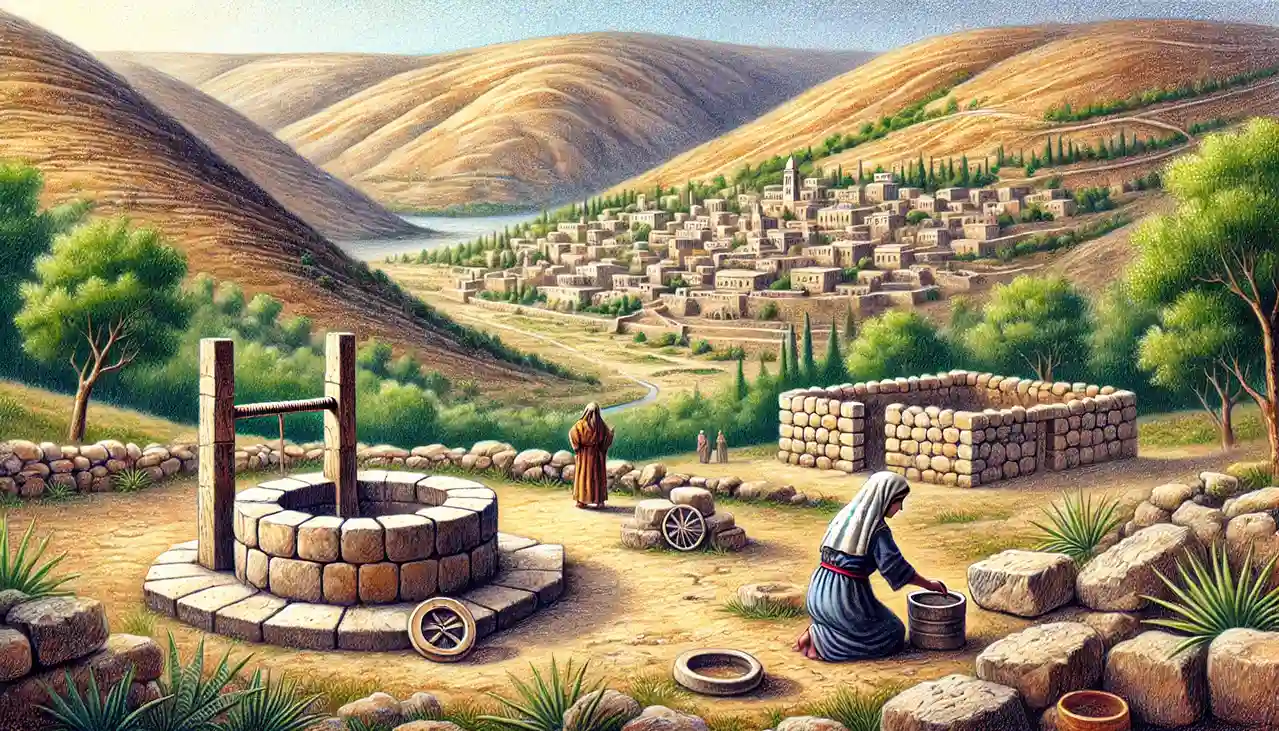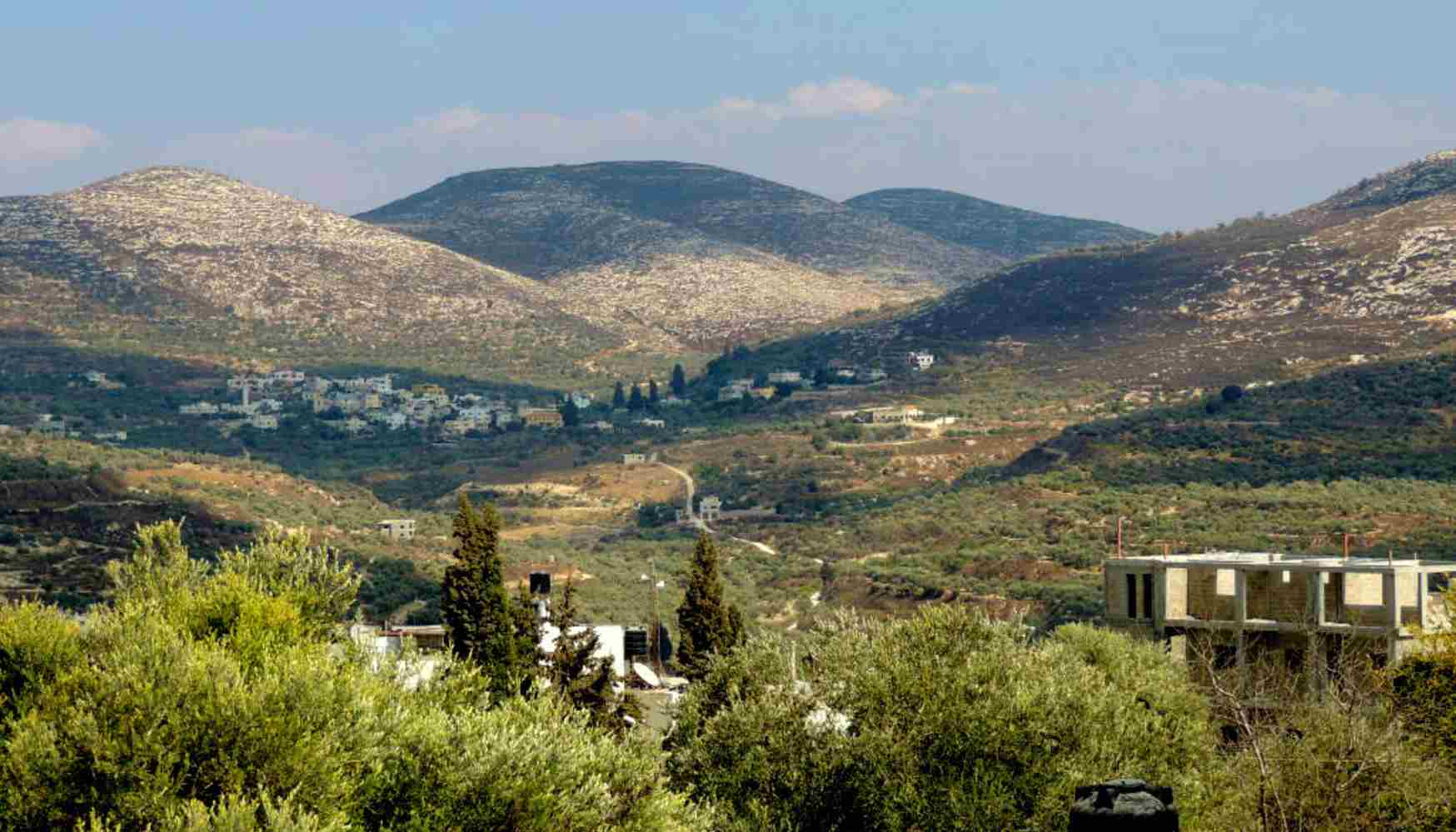Shechem, an ancient city in Samaria, holds significant biblical importance as a site of God’s promise to Abram, a place of covenant renewal under Joshua, and the location of Jacob’s Well, pivotal in Jesus’ encounter with the Samaritan woman.
Philip the Evangelist is remembered for his crucial role as a deacon and evangelist, significantly contributing to the spread of Christianity beyond Jewish communities into Samaria and even Ethiopia.
Thaddaeus, also known as Judas son of James, is a less prominent but significant apostle in the New Testament, distinguished from Judas Iscariot and known for his questioning of Jesus about His revelations, extensive missionary journeys across regions including Judea, Samaria, and Syria.
Samaria’s historical journey is detailed and profound, beginning with its founding as the capital of the Northern Kingdom of Israel. It also plays a significant role in biblical stories. Today, it stands as a modern geopolitical flashpoint. This highlights a significant evolution in geographic, cultural, and theological aspects, continuing to impact current discussions and religious reflections.
The places Jesus visited across His earthly ministry, from His humble birth in Bethlehem to His profound teachings in Capernaum and transformative moments on the Mount of Olives, collectively highlight the geographic and cultural context of His teachings, the fulfillment of prophecies, and the profound impact of His life and miracles on diverse communities and individuals.




